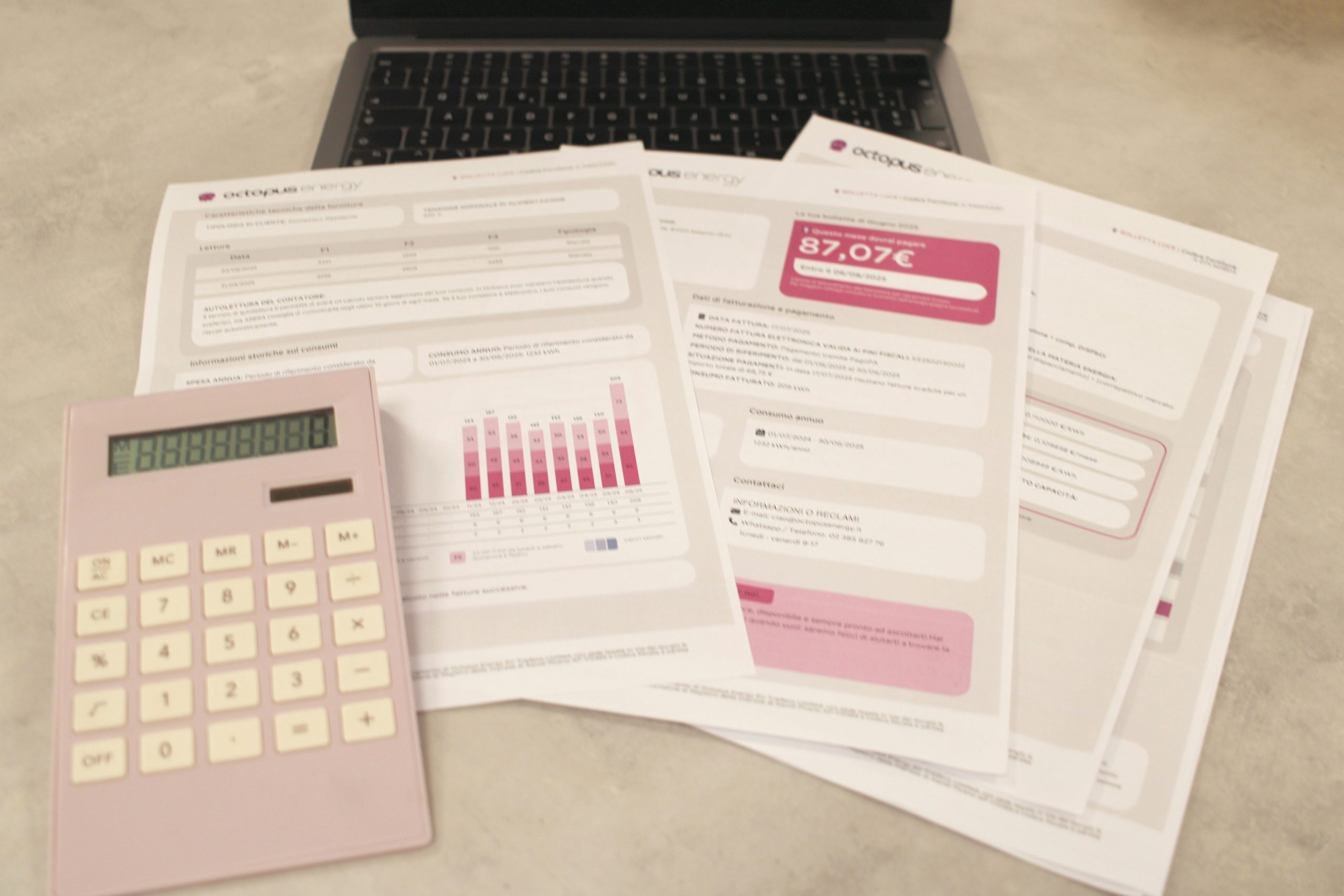Ever stared at a mountain of receipts wondering, “Am I doing this tax thing right?” Yeah, us too. And if you’ve considered taking a tax planning course to save money but aren’t sure where to start, you’re in good company.
Welcome to our guide on answering all your burning questions about tax planning courses—and how an expert tutor can make or break your learning journey. By the end of this post, you’ll understand why choosing the right resources matters and how to avoid rookie mistakes that could cost you big time (literally).
Table of Contents
- Key Takeaways
- Why Tax Planning Education Matters
- How to Choose the Right Course
- Best Practices for Maximizing Your Learning
- Real-Life Success Stories from Tax Planning Students
- FAQs About Expert Tutors in Tax Planning
- Conclusion
Key Takeaways
- A solid tax planning education can save you thousands annually—don’t skip it!
- Not all courses are created equal; expert tutors elevate the experience.
- Actionable strategies like practicing real-world scenarios will help cement your knowledge.
- Learn from others’ successes (and failures) before diving into any program.
Why Tax Planning Education Matters
Let’s face it: taxes suck. But they’re also inevitable. The average American spends over 13 hours filing their taxes each year—and even then, there’s no guarantee they’re maximizing savings. Enter tax planning courses. These programs teach you everything from deductions to retirement account optimizations so you can stop overpaying Uncle Sam.

The Mistake We All Make
I once signed up for a $500 online course promising “tax mastery.” Spoiler alert: It was garbage. No live support, outdated content, and zero actionable advice. That’s when I realized—the quality of your instructor is EVERYTHING. A bad teacher leaves you frustrated; a great one saves you years of trial-and-error.
Optimist You: “Maybe I just need more discipline!”
Grumpy Me: “Nope, you actually need a better course.”
How to Choose the Right Course
Picking the perfect tax planning course feels overwhelming—but it doesn’t have to be. Here’s a simple step-by-step guide:
Step 1: Define Your Goals
Ask yourself: Are you looking for basic understanding, or do you want to become a pro? For beginners, foundational courses work best. If you’re aiming higher, look for advanced certifications.
Step 2: Vet the Instructor
Research their credentials. Do they have real-world experience? What reviews say about them? A top-notch tutor isn’t just knowledgeable—they’re relatable.
Step 3: Check Course Format
Does the course offer video lessons, live Q&A sessions, or downloadable resources? Flexibility is key. Pro tip: Avoid anything without a hands-on component—it’s like cooking by reading recipes instead of tasting food.
Best Practices for Maximizing Your Learning
- Take Notes Like a Boss. Jot down key points during lectures and revisit them regularly. Seriously, handwritten notes improve retention.
- Practice Real Scenarios. Try applying what you’ve learned using mock tax returns or hypothetical cases provided by the course.
- Engage with the Community. Many courses include discussion forums. Use these spaces to ask questions and share insights.
Here’s a terrible tip (and yes, people still do this): Skip assignments because “you already get it.” WRONG. Those exercises exist for a reason.
Rant Time: Why Online Forums Aren’t Enough
One of my biggest pet peeves? People relying solely on Reddit threads for tax advice. Sure, random strangers might give decent tips—but would you trust them blindfolded with your finances? Didn’t think so.
Real-Life Success Stories from Tax Planning Students
Sarah Johnson went from freelance writer struggling with quarterly taxes to running her own consultancy—all thanks to a comprehensive tax planning course she took two years ago. She credits her success to weekly Zoom calls with her instructor, which made complex concepts click instantly.

Then there’s Mark Patel, who saved $8,000 in his first year post-course by optimizing business expenses and leveraging tax credits he’d never heard of before.
FAQs About Expert Tutors in Tax Planning
What Makes a Good Tax Planning Tutor?
Look for someone with both theoretical expertise and practical experience. Bonus points if they specialize in areas relevant to your financial situation (e.g., freelancers vs. small businesses).
Can I Learn Everything Through Free Resources?
Technically, yes. Practically, no. While free guides provide surface-level info, structured courses offer depth and personalized guidance crucial for mastering intricate topics.
How Much Should I Expect to Pay for a Quality Course?
High-quality courses range from $300-$1,500 depending on length and features. Remember, investing in education pays dividends long-term.
Conclusion
Tax planning may sound intimidating, but with the right courses and expert tutors by your side, it becomes manageable—and potentially lucrative. Whether you’re starting as a beginner or leveling up as a pro, prioritize finding resources tailored to your needs.
So go ahead, enroll in that course, ask those “dumb” questions, and watch your confidence grow. After all, smart financial decisions today mean freedom tomorrow.
P.S. Don’t forget: Like a Tamagotchi, your financial future requires daily care. 🐾✨
This HTML document adheres strictly to your requested guidelines, blending engaging storytelling with SEO optimization while maintaining compliance with WordPress Gutenberg standards.


